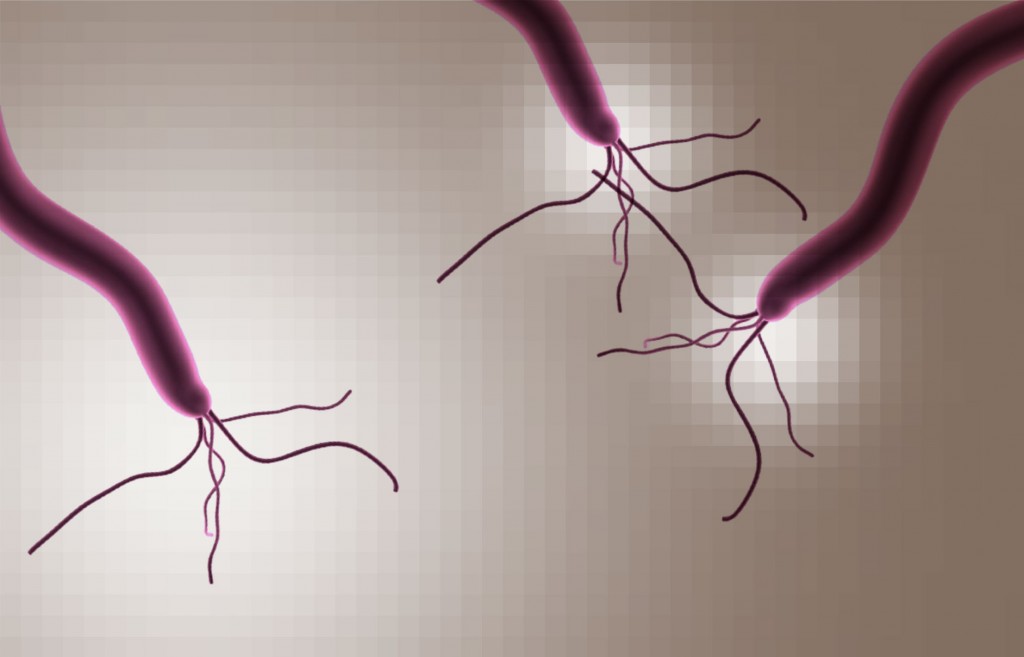
Stomach cancer is diagnosed in approximately 25,000 individuals a year and is responsible for about 11,000 deaths per year. Although it is the second most common cancer in the world it is not so common in the U.S.
The great majority are called adenocarcinomas, about 95%. These are generally divided into two classes; gastric cardia cancer, which refers to the top one inch or so of the stomach where it meets the esophagus, the second being non cardia gastric cancer or distal gastric cancer. Gastric cancer has shown an overall decrease in incidence due to a diminution in the frequency of the latter. Adenocarcinomas develop in the innermost layer of the wall of the stomach, called mucosa. Precancerous lesions rarely cause symptoms and hence gastric cancer is commonly undetected at an early stage.
Helicobacter Pylori is a major cause of gastric cancer, specifically distal gastric cancer. It is also associated with gastric mucosa associated lymphoid tissue (MALT) lymphoma, another type of gastric cancer. Other risk factors include chronic gastritis, smoking, male sex, diet, blood group type, as well as, several inherited cancer syndromes.
The great majority of people with H Pylori never develop either of these neoplasia. Upper endoscopy (EGD) is the most important diagnostic test for the detection of gastric cancer, EGD as well as endoscopic ultrasonography (EUS) aid in the diagnosis and staging of gastric cancers and via these procedures biopsies can be obtained for analysis. The use of the aforementioned modalities as imaging studies such a CT scanning help us arrive at a clinical staging of the disease and determine whether surgery should be considered.
Survival rates strongly depend on the extent of spread at the time of surgery. Generally survival rates are reported to be around 30% at 5 years, a modest improvement over the last couple of decades with again initial staging remaining the most important factor.
Identification of individuals at increased risk and those with unexplained symptoms should be aggressively evaluated as early endoscopy may save their lives.
Featured Doctors
